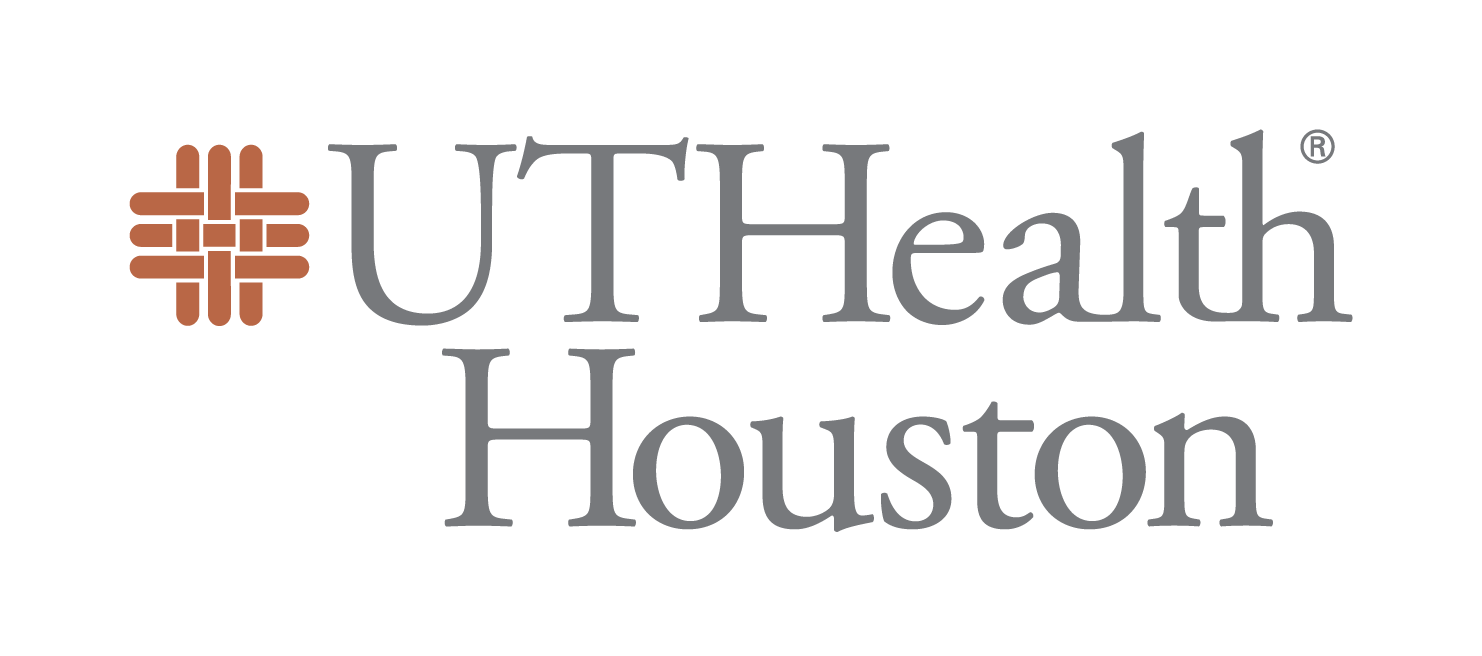| Entrez ID | Symbol | Replicates | Species | Organ | Tissue | Adj P-value | Log2FC | Malignancy |
| 5683 | PSMA2 | 052099_1652-all-cells | Human | Prostate | BPH | 1.49e-17 | -5.32e-01 | 0.1038 |
| 5683 | PSMA2 | Dong_P1 | Human | Prostate | Tumor | 8.31e-29 | -1.91e-01 | 0.035 |
| 5683 | PSMA2 | Dong_P3 | Human | Prostate | Tumor | 6.16e-23 | -1.44e-01 | 0.0278 |
| 5683 | PSMA2 | Dong_P4 | Human | Prostate | Tumor | 6.45e-03 | -8.00e-02 | 0.0292 |
| 5683 | PSMA2 | Dong_P5 | Human | Prostate | Tumor | 1.33e-45 | -2.99e-01 | 0.053 |
| 5683 | PSMA2 | Dong_P6 | Human | Prostate | Tumor | 1.08e-03 | -4.81e-01 | 0.0371 |
| 5683 | PSMA2 | P9 | Human | Prostate | Tumor | 1.91e-17 | -7.81e-01 | -0.0285 |
| 5683 | PSMA2 | GSM5353215_PA_AUG_PB_1B_S2 | Human | Prostate | Tumor | 2.27e-06 | -8.55e-01 | 0.1557 |
| 5683 | PSMA2 | GSM5353216_PA_PB1A_Pool_1_3_S50_L002 | Human | Prostate | Tumor | 2.08e-05 | -8.55e-01 | 0.159 |
| 5683 | PSMA2 | GSM5353217_PA_PB1A_Pool_2_S107_L004 | Human | Prostate | Tumor | 1.97e-02 | -8.55e-01 | 0.156 |
| 5683 | PSMA2 | GSM5353218_PA_PB1B_Pool_1_2_S74_L003 | Human | Prostate | Tumor | 4.19e-04 | -8.55e-01 | 0.1479 |
| 5683 | PSMA2 | GSM5353220_PA_PB1B_Pool_3_S51_L002 | Human | Prostate | Tumor | 2.08e-05 | -8.55e-01 | 0.1531 |
| 5683 | PSMA2 | GSM5353221_PA_PB2A_Pool_1_3_S25_L001 | Human | Prostate | Tumor | 6.65e-21 | -8.55e-01 | 0.1633 |
| 5683 | PSMA2 | GSM5353222_PA_PB2B_Pool_1_3_S52_L002 | Human | Prostate | Tumor | 3.82e-29 | -8.55e-01 | 0.1608 |
| 5683 | PSMA2 | GSM5353223_PA_PB2B_Pool_2_S26_L001 | Human | Prostate | Tumor | 9.49e-18 | -8.55e-01 | 0.1604 |
| 5683 | PSMA2 | GSM5353224_PA_PR5186_Pool_1_2_3_S27_L001 | Human | Prostate | Tumor | 4.42e-19 | -8.55e-01 | 0.1621 |
| 5683 | PSMA2 | GSM5353225_PA_PR5196-1_Pool_1_2_3_S53_L002 | Human | Prostate | Tumor | 4.44e-10 | -8.55e-01 | 0.1619 |
| 5683 | PSMA2 | GSM5353226_PA_PR5196-2_Pool_1_2_3_S54_L002 | Human | Prostate | Tumor | 2.27e-06 | -8.55e-01 | 0.159 |
| 5683 | PSMA2 | GSM5353227_PA_PR5199-193K_Pool_1_2_3_S55_L002 | Human | Prostate | Tumor | 6.34e-22 | -8.55e-01 | 0.1602 |
| 5683 | PSMA2 | GSM5353228_PA_PR5199-640K_Pool_1_3_S108_L004 | Human | Prostate | Tumor | 4.17e-03 | -8.55e-01 | 0.1537 |
| Tissue | Expression Dynamics | Abbreviation |
| Cervix | 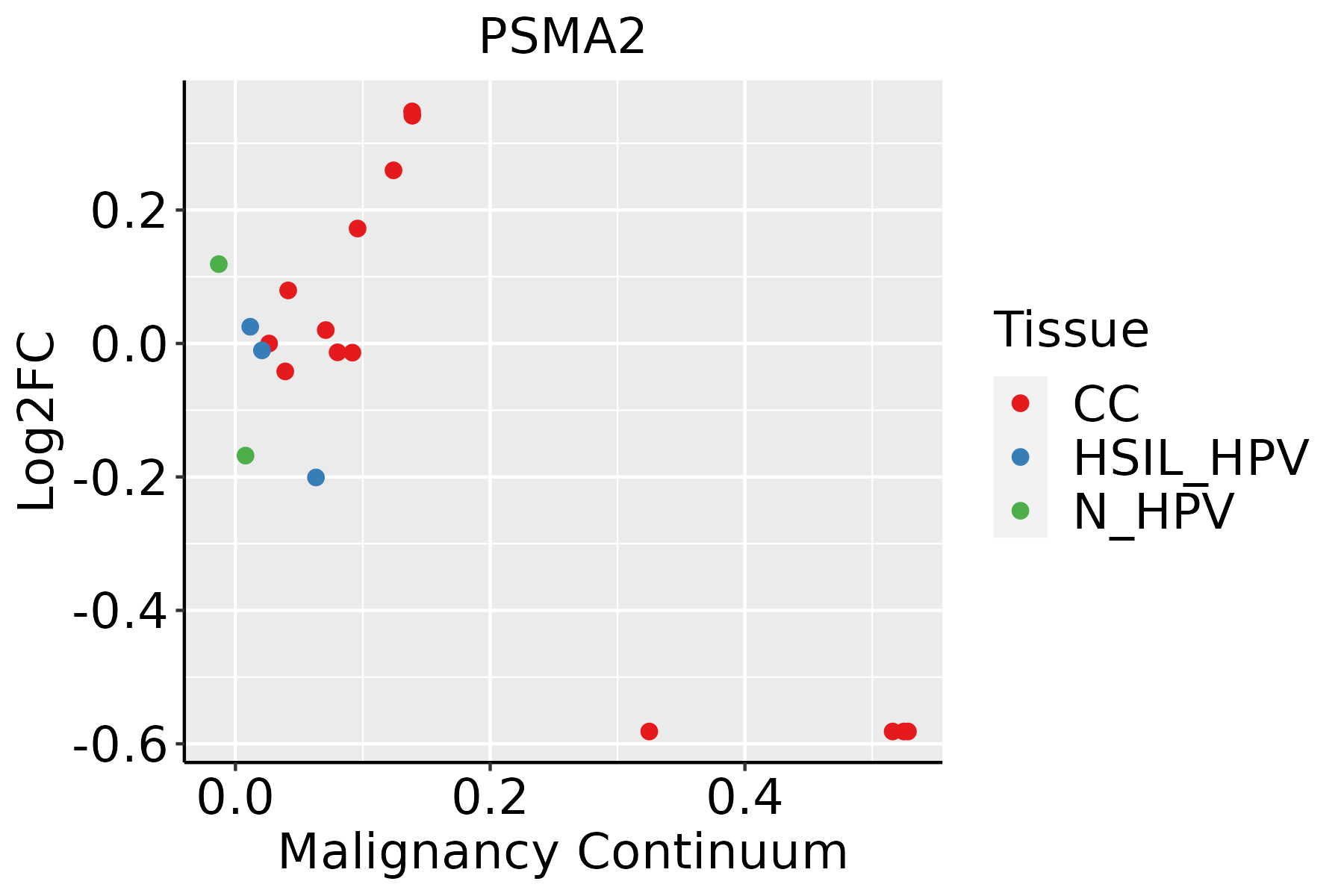 | CC: Cervix cancer |
| HSIL_HPV: HPV-infected high-grade squamous intraepithelial lesions |
| N_HPV: HPV-infected normal cervix |
| Endometrium |  | AEH: Atypical endometrial hyperplasia |
| EEC: Endometrioid Cancer |
| Esophagus |  | ESCC: Esophageal squamous cell carcinoma |
| HGIN: High-grade intraepithelial neoplasias |
| LGIN: Low-grade intraepithelial neoplasias |
| GC |  | CAG: Chronic atrophic gastritis |
| CAG with IM: Chronic atrophic gastritis with intestinal metaplasia |
| CSG: Chronic superficial gastritis |
| GC: Gastric cancer |
| SIM: Severe intestinal metaplasia |
| WIM: Wild intestinal metaplasia |
| Liver |  | HCC: Hepatocellular carcinoma |
| NAFLD: Non-alcoholic fatty liver disease |
| Oral Cavity |  | EOLP: Erosive Oral lichen planus |
| LP: leukoplakia |
| NEOLP: Non-erosive oral lichen planus |
| OSCC: Oral squamous cell carcinoma |
| Prostate |  | BPH: Benign Prostatic Hyperplasia |
| Skin |  | AK: Actinic keratosis |
| cSCC: Cutaneous squamous cell carcinoma |
| SCCIS:squamous cell carcinoma in situ |
| Thyroid |  | ATC: Anaplastic thyroid cancer |
| HT: Hashimoto's thyroiditis |
| PTC: Papillary thyroid cancer |
| GO ID | Tissue | Disease Stage | Description | Gene Ratio | Bg Ratio | pvalue | p.adjust | Count |
| GO:001049810 | Cervix | CC | proteasomal protein catabolic process | 111/2311 | 490/18723 | 8.98e-11 | 1.58e-08 | 111 |
| GO:004316110 | Cervix | CC | proteasome-mediated ubiquitin-dependent protein catabolic process | 91/2311 | 412/18723 | 1.65e-08 | 1.25e-06 | 91 |
| GO:00096158 | Cervix | CC | response to virus | 73/2311 | 367/18723 | 2.22e-05 | 3.95e-04 | 73 |
| GO:001049816 | Endometrium | AEH | proteasomal protein catabolic process | 108/2100 | 490/18723 | 2.73e-12 | 4.67e-10 | 108 |
| GO:004316116 | Endometrium | AEH | proteasome-mediated ubiquitin-dependent protein catabolic process | 88/2100 | 412/18723 | 1.54e-09 | 1.36e-07 | 88 |
| GO:00096159 | Endometrium | AEH | response to virus | 63/2100 | 367/18723 | 3.81e-04 | 4.10e-03 | 63 |
| GO:001049817 | Endometrium | EEC | proteasomal protein catabolic process | 112/2168 | 490/18723 | 6.99e-13 | 1.40e-10 | 112 |
| GO:004316117 | Endometrium | EEC | proteasome-mediated ubiquitin-dependent protein catabolic process | 92/2168 | 412/18723 | 3.01e-10 | 3.23e-08 | 92 |
| GO:000961513 | Endometrium | EEC | response to virus | 66/2168 | 367/18723 | 1.78e-04 | 2.20e-03 | 66 |
| GO:0010498111 | Esophagus | ESCC | proteasomal protein catabolic process | 369/8552 | 490/18723 | 1.13e-41 | 1.80e-38 | 369 |
| GO:0043161111 | Esophagus | ESCC | proteasome-mediated ubiquitin-dependent protein catabolic process | 312/8552 | 412/18723 | 3.53e-36 | 4.48e-33 | 312 |
| GO:000961518 | Esophagus | ESCC | response to virus | 238/8552 | 367/18723 | 6.65e-14 | 3.32e-12 | 238 |
| GO:001049812 | Liver | Cirrhotic | proteasomal protein catabolic process | 216/4634 | 490/18723 | 2.52e-21 | 9.29e-19 | 216 |
| GO:004316112 | Liver | Cirrhotic | proteasome-mediated ubiquitin-dependent protein catabolic process | 184/4634 | 412/18723 | 4.52e-19 | 8.85e-17 | 184 |
| GO:00096155 | Liver | Cirrhotic | response to virus | 126/4634 | 367/18723 | 2.10e-05 | 2.77e-04 | 126 |
| GO:001049822 | Liver | HCC | proteasomal protein catabolic process | 351/7958 | 490/18723 | 6.92e-40 | 1.46e-36 | 351 |
| GO:004316122 | Liver | HCC | proteasome-mediated ubiquitin-dependent protein catabolic process | 299/7958 | 412/18723 | 7.82e-36 | 8.27e-33 | 299 |
| GO:000961511 | Liver | HCC | response to virus | 210/7958 | 367/18723 | 7.32e-09 | 1.86e-07 | 210 |
| GO:001049820 | Oral cavity | OSCC | proteasomal protein catabolic process | 336/7305 | 490/18723 | 5.45e-41 | 8.63e-38 | 336 |
| GO:004316120 | Oral cavity | OSCC | proteasome-mediated ubiquitin-dependent protein catabolic process | 285/7305 | 412/18723 | 5.68e-36 | 5.99e-33 | 285 |
| Hugo Symbol | Variant Class | Variant Classification | dbSNP RS | HGVSc | HGVSp | HGVSp Short | SWISSPROT | BIOTYPE | SIFT | PolyPhen | Tumor Sample Barcode | Tissue | Histology | Sex | Age | Stage | Therapy Types | Drugs | Outcome |
| PSMA2 | SNV | Missense_Mutation | novel | c.474G>C | p.Trp158Cys | p.W158C | P25787 | protein_coding | deleterious(0) | probably_damaging(1) | TCGA-D8-A1XW-01 | Breast | breast invasive carcinoma | Female | <65 | I/II | Chemotherapy | adriamycin+cyclophosphamide | SD |
| PSMA2 | SNV | Missense_Mutation | novel | c.643G>A | p.Glu215Lys | p.E215K | P25787 | protein_coding | tolerated(0.36) | benign(0.001) | TCGA-OL-A5DA-01 | Breast | breast invasive carcinoma | Female | <65 | I/II | Unknown | Unknown | SD |
| PSMA2 | insertion | Frame_Shift_Ins | novel | c.278_279insTTACTTCACTTTTTGTGCCATTTCAGGAGGGAAA | p.Ala94TyrfsTer59 | p.A94Yfs*59 | P25787 | protein_coding | | | TCGA-BH-A0AY-01 | Breast | breast invasive carcinoma | Female | <65 | I/II | Chemotherapy | | SD |
| PSMA2 | SNV | Missense_Mutation | | c.383N>A | p.Arg128His | p.R128H | P25787 | protein_coding | deleterious(0.03) | benign(0.095) | TCGA-AA-3811-01 | Colorectum | colon adenocarcinoma | Female | >=65 | III/IV | Unknown | Unknown | PD |
| PSMA2 | SNV | Missense_Mutation | novel | c.503T>G | p.Val168Gly | p.V168G | P25787 | protein_coding | tolerated(0.38) | benign(0.09) | TCGA-CA-6717-01 | Colorectum | colon adenocarcinoma | Male | <65 | I/II | Chemotherapy | oxaliplatin | CR |
| PSMA2 | SNV | Missense_Mutation | | c.323C>A | p.Ala108Asp | p.A108D | P25787 | protein_coding | tolerated(0.53) | benign(0.129) | TCGA-F4-6570-01 | Colorectum | colon adenocarcinoma | Female | >=65 | I/II | Unknown | Unknown | SD |
| PSMA2 | SNV | Missense_Mutation | novel | c.244G>A | p.Asp82Asn | p.D82N | P25787 | protein_coding | deleterious(0) | probably_damaging(0.953) | TCGA-A5-A0G2-01 | Endometrium | uterine corpus endometrioid carcinoma | Female | <65 | III/IV | Unknown | Unknown | SD |
| PSMA2 | SNV | Missense_Mutation | novel | c.495G>T | p.Lys165Asn | p.K165N | P25787 | protein_coding | deleterious(0.04) | benign(0.308) | TCGA-AX-A2HC-01 | Endometrium | uterine corpus endometrioid carcinoma | Female | <65 | III/IV | Chemotherapy | paclitaxel | PD |
| PSMA2 | SNV | Missense_Mutation | novel | c.681N>T | p.Lys227Asn | p.K227N | P25787 | protein_coding | tolerated(0.18) | possibly_damaging(0.494) | TCGA-B5-A1MR-01 | Endometrium | uterine corpus endometrioid carcinoma | Female | >=65 | III/IV | Unknown | Unknown | SD |
| PSMA2 | SNV | Missense_Mutation | | c.383N>A | p.Arg128His | p.R128H | P25787 | protein_coding | deleterious(0.03) | benign(0.095) | TCGA-BG-A0LX-01 | Endometrium | uterine corpus endometrioid carcinoma | Female | <65 | I/II | Unknown | Unknown | SD |
| Entrez ID | Symbol | Category | Interaction Types | Drug Claim Name | Drug Name | PMIDs |
| 5683 | PSMA2 | DRUGGABLE GENOME, PROTEASE | inhibitor | CHEMBL3545432 | IXAZOMIB CITRATE | |
| 5683 | PSMA2 | DRUGGABLE GENOME, PROTEASE | inhibitor | CHEMBL451887 | CARFILZOMIB | |
| 5683 | PSMA2 | DRUGGABLE GENOME, PROTEASE | | BORTEZOMIB | BORTEZOMIB | 24524217 |
| 5683 | PSMA2 | DRUGGABLE GENOME, PROTEASE | inhibitor | BORTEZOMIB | BORTEZOMIB | |
| 5683 | PSMA2 | DRUGGABLE GENOME, PROTEASE | | CARFILZOMIB | CARFILZOMIB | 24524217 |
| 5683 | PSMA2 | DRUGGABLE GENOME, PROTEASE | inhibitor | CHEMBL2103884 | OPROZOMIB | |
| 5683 | PSMA2 | DRUGGABLE GENOME, PROTEASE | inhibitor | CARFILZOMIB | CARFILZOMIB | |
| 5683 | PSMA2 | DRUGGABLE GENOME, PROTEASE | inhibitor | CHEMBL371405 | MARIZOMIB | |
| 5683 | PSMA2 | DRUGGABLE GENOME, PROTEASE | inhibitor | CHEMBL325041 | BORTEZOMIB | |








 Identification of the aberrant gene expression in precancerous and cancerous lesions by comparing the gene expression of stem-like cells in diseased tissues with normal stem cells
Identification of the aberrant gene expression in precancerous and cancerous lesions by comparing the gene expression of stem-like cells in diseased tissues with normal stem cells Find out the enriched GO biological processes and KEGG pathways involved in transition from healthy to precancer to cancer
Find out the enriched GO biological processes and KEGG pathways involved in transition from healthy to precancer to cancer
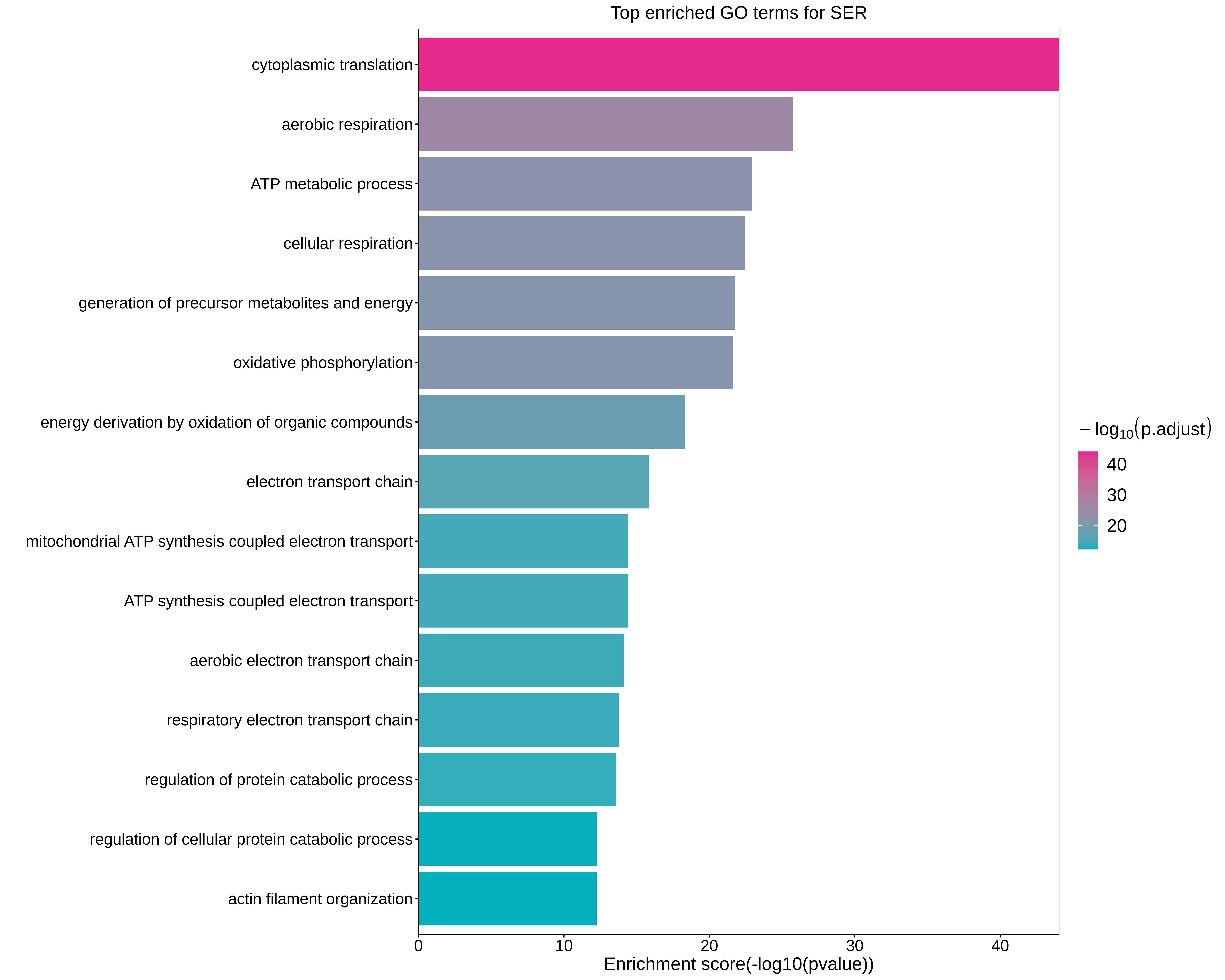

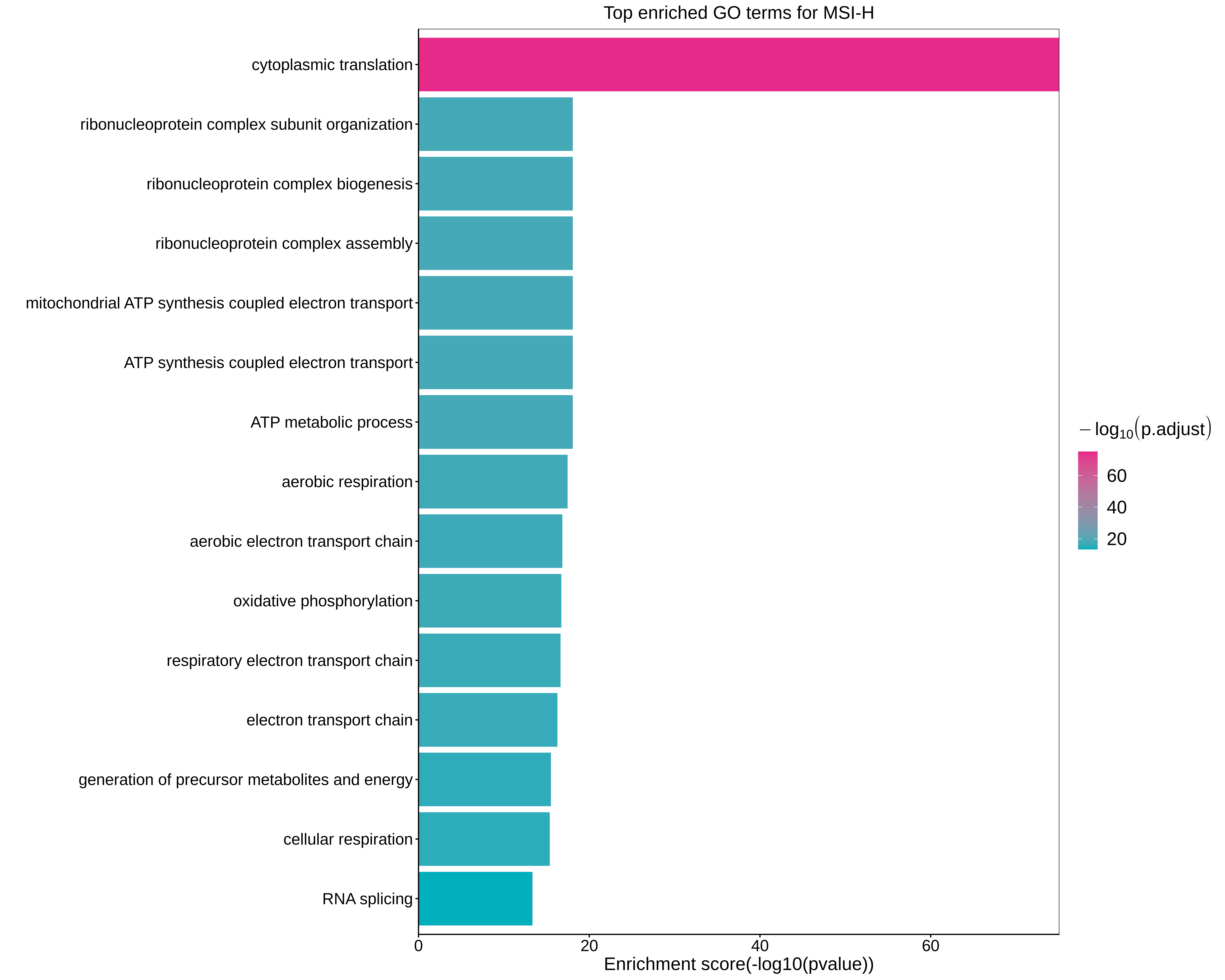
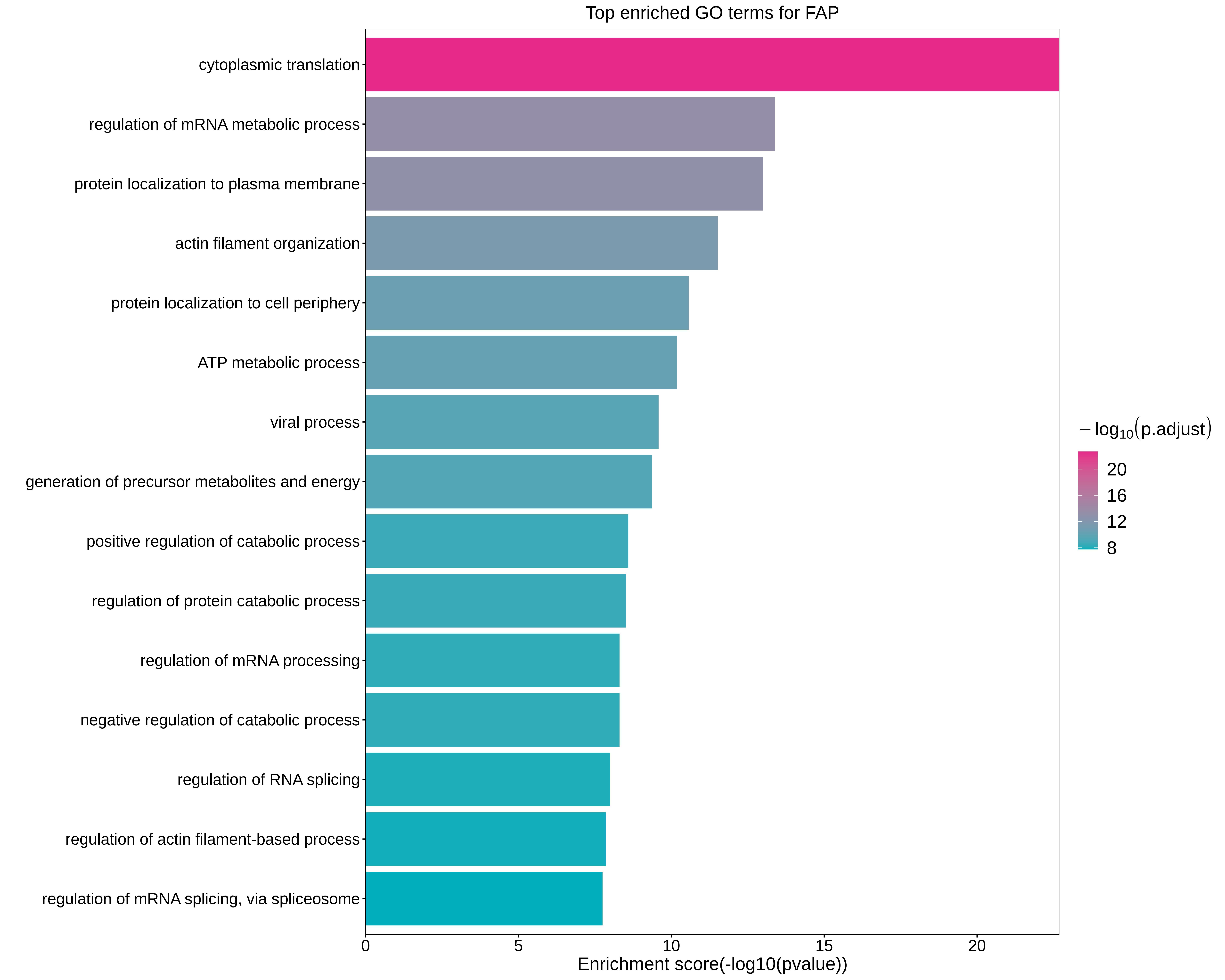
 Identification of potential cell-cell interactions between two cell types and their ligand-receptor pairs for different disease states
Identification of potential cell-cell interactions between two cell types and their ligand-receptor pairs for different disease states Find out the significant the regulons (TFs) and the target genes of each regulon across cell types for different disease states
Find out the significant the regulons (TFs) and the target genes of each regulon across cell types for different disease states Annotation of somatic variants for genes involved in malignant transformation
Annotation of somatic variants for genes involved in malignant transformation Identification of chemicals and drugs interact with genes involved in malignant transfromation
Identification of chemicals and drugs interact with genes involved in malignant transfromation








